Define elimination reactions.
Step-by-Step Text Solution:
1. Definition of Elimination Reactions:
An elimination reaction is a type of chemical reaction in which two atoms or groups are removed from a molecule, resulting in the formation of a double or triple bond.
2. Process of Elimination:
In an elimination reaction, the removal of atoms or groups typically occurs in pairs. This means that when one part of the molecule is eliminated, another part is also removed simultaneously.
3. Transition from Saturated to Unsaturated Compounds:
Elimination reactions are commonly used to convert saturated organic compounds (which contain only single carbon-carbon bonds) into unsaturated compounds (which contain double or triple carbon-carbon bonds).
4. Example of Elimination Reaction:
A classic example of an elimination reaction is when an alkyl halide reacts in the presence of a strong base, such as sodium hydroxide (NaOH), and an alcohol (like ethanol). Upon heating, the alkyl halide loses a hydrogen halide (HCl) and forms an alkene, which is an unsaturated compound.
5. Conclusion:
Therefore, elimination reactions are significant in organic chemistry as they facilitate the transformation of saturated compounds into unsaturated ones, which are essential for various chemical syntheses.
---
An elimination reaction is a type of chemical reaction in which two atoms or groups are removed from a molecule, resulting in the formation of a double or triple bond.
In an elimination reaction, the removal of atoms or groups typically occurs in pairs. This means that when one part of the molecule is eliminated, another part is also removed simultaneously.
Elimination reactions are commonly used to convert saturated organic compounds (which contain only single carbon-carbon bonds) into unsaturated compounds (which contain double or triple carbon-carbon bonds).
A classic example of an elimination reaction is when an alkyl halide reacts in the presence of a strong base, such as sodium hydroxide (NaOH), and an alcohol (like ethanol). Upon heating, the alkyl halide loses a hydrogen halide (HCl) and forms an alkene, which is an unsaturated compound.
Therefore, elimination reactions are significant in organic chemistry as they facilitate the transformation of saturated compounds into unsaturated ones, which are essential for various chemical syntheses.
Topper's Solved these Questions
- BOOK - ICSECHAPTER - ORGANIC CHEMISTRY : SOME BASIC PRINCIPLES AND TECHNIQUES EXERCISE - SHORT ANSWER TYPE QUESTIONS110videos
ORGANIC CHEMISTRY : SOME BASIC PRINCIPLES AND TECHNIQUES
- BOOK - ICSECHAPTER - ORGANIC CHEMISTRY : SOME BASIC PRINCIPLES AND TECHNIQUES EXERCISE - ESSAY ( LONG ANSWER ) TYPE QUESTIONS42videos
ORGANIC CHEMISTRY : SOME BASIC PRINCIPLES AND TECHNIQUES
- BOOK - ICSECHAPTER - ORGANIC CHEMISTRY : SOME BASIC PRINCIPLES AND TECHNIQUES EXERCISE - REVIEW EXERCISES176videos
ORGANIC CHEMISTRY : SOME BASIC PRINCIPLES AND TECHNIQUES
- BOOK - ICSECHAPTER - HYDROGENEXERCISE - NCERT TEXT-BOOK EXERCISE (With Hints and Solutions)53videos
HYDROGEN
- BOOK - ICSECHAPTER - REDOX REACTIONS (OXIDATION AND REDUCTION)EXERCISE - NCERT TEXT-BOOK. EXERCISES ((With Hints and Solutions)69videos
REDOX REACTIONS (OXIDATION AND REDUCTION)
Similar Questions
Knowledge Check
- Question 1 - Select One
Only one of the following amines will lose its nitrogen atom as trimethyl amine by repeated Hofmann elimination reactions :
A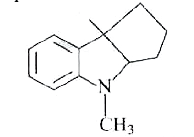 B
B C
C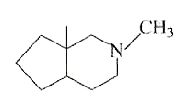 D
D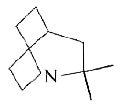
- Question 2 - Select One
Which of the following reaction is an elimination reaction ?
A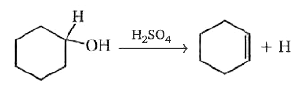 B
B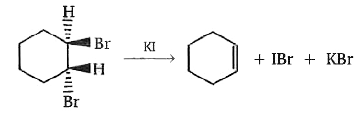 C
C Dboth (a) and (b)
Dboth (a) and (b)
Hofmann elimination reaction.
View SolutionThe magor product formed in the elimination reaction of
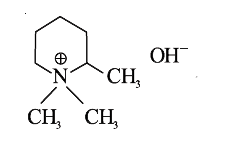 is:View Solution
is:View SolutionFrom the following elimination reactions, predict which one is Hofmann or Saytzeff (Zaitev) type.
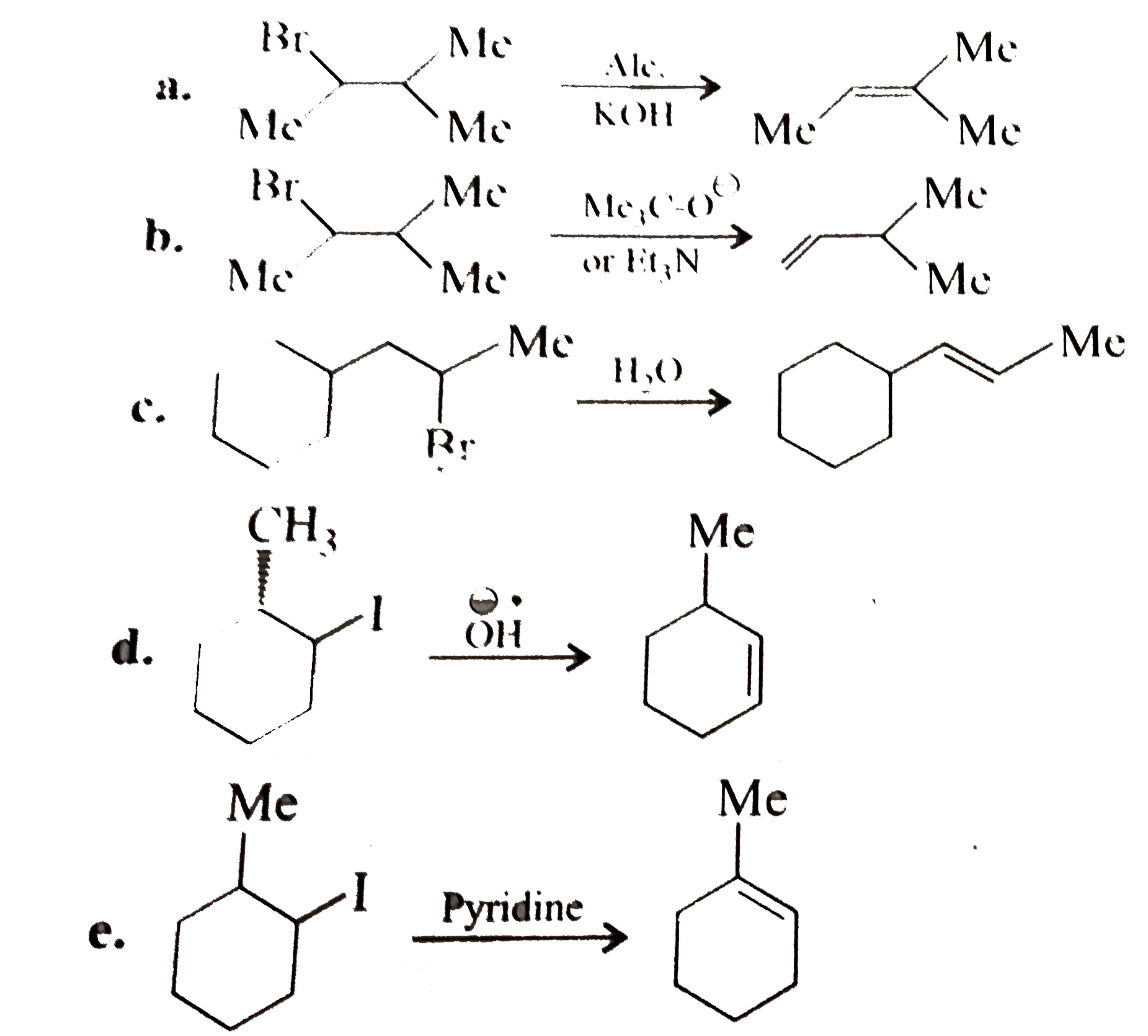 View Solution
View SolutionWhich of the following reaction is an example of elimination reaction :
View SolutionWhich statement is false for elimination reaction .
View Solution
the total number of possible alkenes in this elimination reaction is :View Solution

